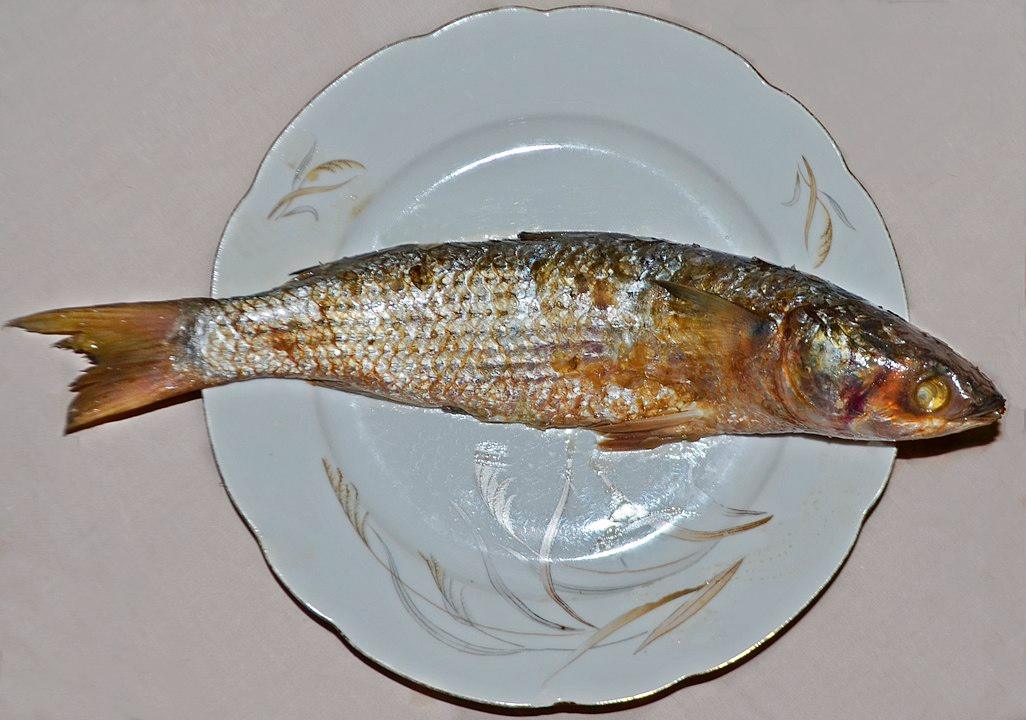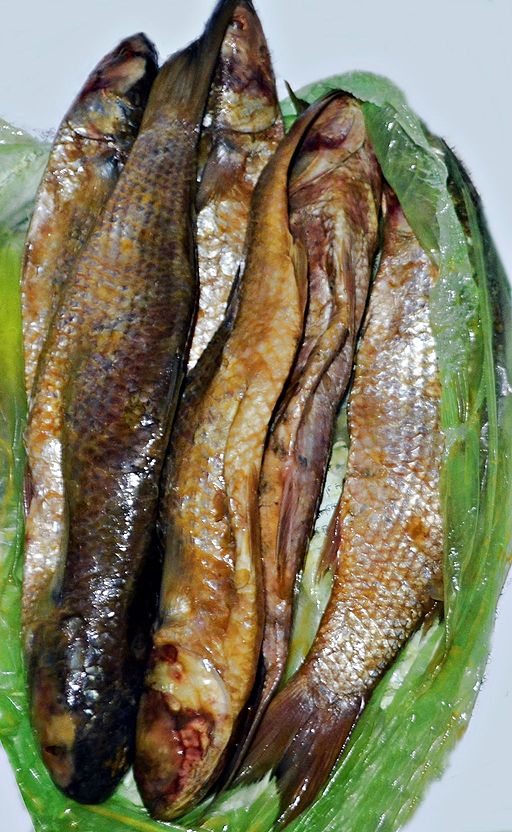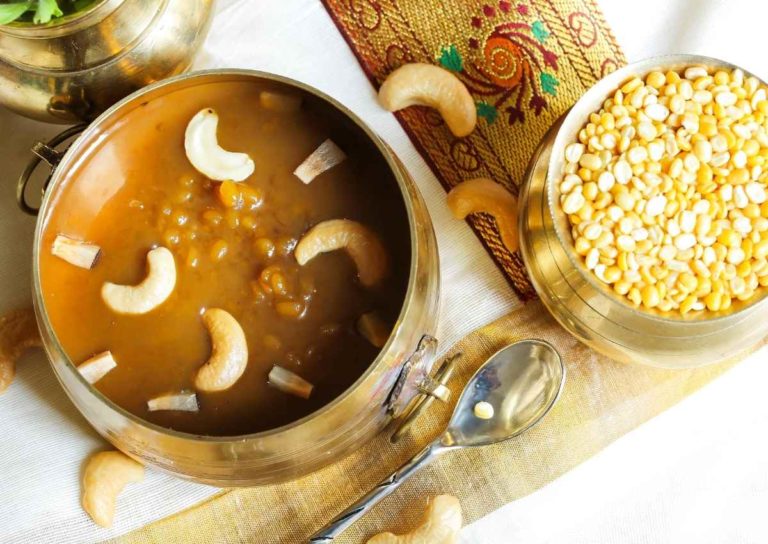Fesikh: The Egyptian Deadly Smelly Fish Delicacy

Fesikh, sometimes spelled Fseekh, is a type of mullet dish that is eaten as it is in Arab countries, especially Egypt, on Eid al-Fitr and after the month of Ramadan. It is known for having a very pungent smell and for the fact that it can be deadly if not prepared correctly.
Alternatively, Fesikh is sometimes dried and kept in coarse salt for about two weeks or more. This way, it acquires its signature silver color and smell.
The fish used in the preparation of this dish belongs to the mullet family that lives near the coasts and is found in abundance in the Red Sea and the Mediterranean Sea. It feeds on algae found in the ocean.
The dish is prepared after washing, drying and covering the fish with coarse salt and filling its nostrils with salt so that it acquires a saline taste, silver color and a very stinky aroma that is certainly quite distinguishable! In fact, much like the Swedish Surströmming, Fesikh is well known for its terrible smell!
The salinity in feseekh works as a perfect appetizer for practicing Muslims as they start eating during the daytime after fasting for an entire month.
Origin & Cultural Significance of Fesikh
Fesikh is a celebratory dish whose origin dates back before even the birth of Islam. It was taken during Sham el-Nessim, a celebration that was held from the days of the Egyptian pharaohs.
The festival celebrated the arrival of spring and in their belief that the season redefines the meaning of life and hope. During that time, this salted fish symbolized goodness, giving and blessing.
Hazards From Fesikh
Fesikh is often considered a hazardous dish and is notoriously famous as ‘ the deadly fish’. There are several reasons to back this claim, such as:
- Fesikh inhibits the growth of parasites and bacteria if it is not properly stored and prepared. Bacteria, transmitted from flies, can grow inside Feseekh if the fish is dried openly in the sun.
- People who eat Feseekh after the holy fasting month often complain about strong muscle soreness, diarrhea, vomiting and other diseases.
- Additionally, the excess salinity in feseekh is harmful in itself, as it increases blood pressure, fluid retention in the body and causes swelling of the feet, especially in pregnant women.
How is Fesikh Eaten

It’s usually recommended to store Fesikh in the refrigerator to reach the freezing stage after buying it in order to kill any bacteria that may be present in it. For preparation, its head and tail are cut and guts are cleaned.
Following this, the mullet is left to soak in clean, clear water for at least two days, changing the water every two or three hours, and is put back in the fridge while it is soaking so that there is no damage and its sharp salinity is reduced.
The fish is then fried in hot and deep oil and served with bread and salad. Another way of preparation involves grilling and roasting the fish in the oven after coating it with flour and sprinkling a little olive oil on it.
Although Fesikh has a wonderful taste, especially if grilled with olive oil, it is advised not to eat it in excess quantities, especially for the elderly and pregnant women.
Watch: Fesikh: This Dish Could Kill You
Photo credit: Faris knight






